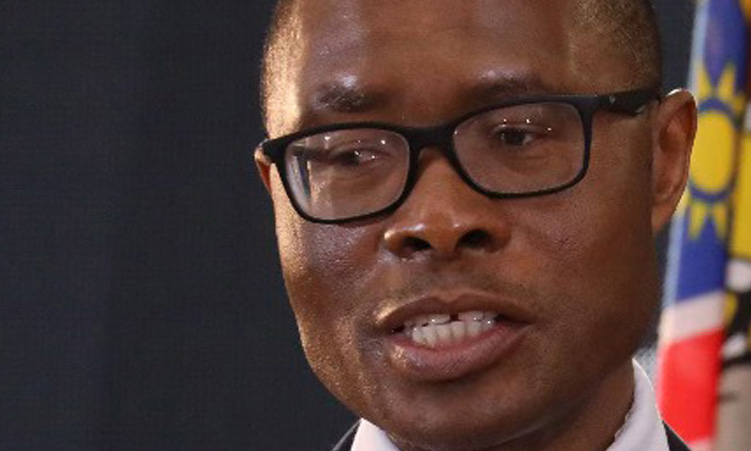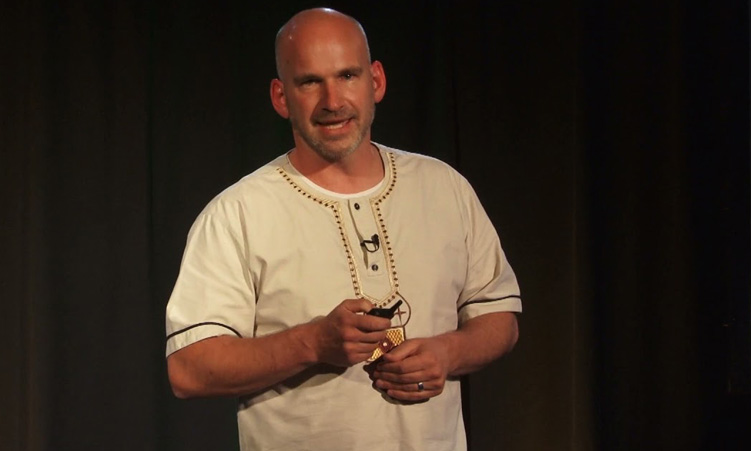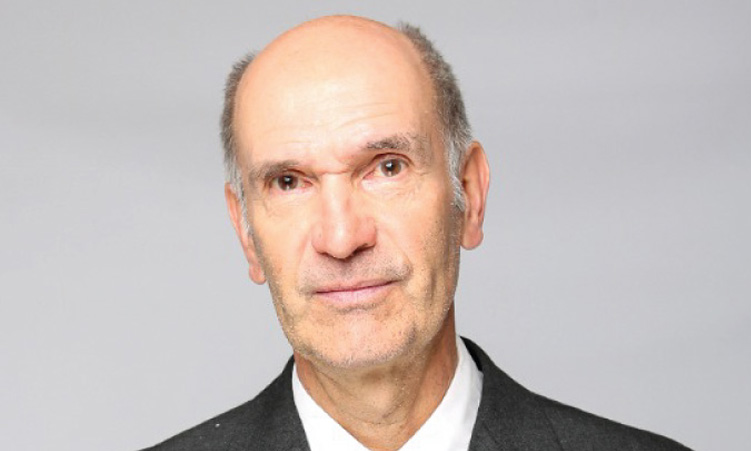The government is planning to introduce a sugar tax which could bite into the pockets of many consumers already struggling with inflation and the effects of drought.
Finance and public enterprises minister Iipumbu Shiimi has hinted at the new tax regime, saying it would affect most sugar products.
He was speaking during a budget discussion in Windhoek on Monday evening.
A sugar tax is designed to reduce consumption of sweetened beverages and sugar itself, by making products high in sugar more expensive to purchase.
“Sugar consumption causes many problems in society. It is probably one of the reasons why we are spending a lot on health,” Shiimi said.
He highlighted that many countries have a sugar tax and said he will direct officials in the tax unit of the finance ministry to investigate how Namibia can also implement it.
“I need to ask my colleagues in the tax policy unit to do some impact assessment to see whether we can roll it forward and implement something like that. We need to know when we will start the process, at what level we can tax it and when will be the right time,” Shiimi said.
Meanwhile, Josefina Mbeha, a street vendor, yesterday said she doesn’t know how a tax on sugar products will affect her personal and business life.
“I don’t know if it’s good or bad. Not everyone can buy Coke every day. There is no money for that. But for rich people, maybe it will be a problem if the price is too high. People like me just drink water or sometimes Drink O’ Pop, because it is not very expensive,” she said.
However, she said taxing sugar itself will make business harder for her and others in her line of work.
“To make sugar more expensive will really not be good for businesses who are already not making it. Even buying in bulk will maybe become more expensive. The government must also think about us, the poor, and not make it too expensive,” Mbeha said.
Natalie Minaar, a home shop worker, accused the government of always looking for ways to increase revenue without considering low-income communities.


“The government is always looking for money from us. Our problems are already too many and now we must pay more money, for sugar. They just want to make money but forget about the problems we have,” she said.
She further said sugar is consumed in many daily products and it is considered a luxury for some people.
“Many things we eat need sugar in them. If they tax more, what will we eat? Sometimes you buy a cold drink because you deserve it. Not every day. Everything is now becoming expensive,” Minaar said.
ACCESS TO AFFORDABLE ALTERNATIVES
Nafimane Hamukoshi from the Economic and Social Justice Trust yesterday said the introduction of a sugar tax can have both positive and negative impacts on low-income communities.
“While it aims to reduce sugar consumption and improve public health, it can also disproportionately burden low-income individuals by increasing their financial strain,” Hamukoshi said.
She noted that to mitigate this, the government can consider allocating the revenue from the sugar tax to fund subsidies for healthy food options, nutrition education programmes and community health initiatives.
Additionally, providing a basic income grant can help alleviate the financial burden on low-income households, ensuring they can afford healthier food options, she added.
“Improving access to affordable, nutritious foods through local markets, community gardens and food co-ops, along with investing in education and awareness campaigns, can further support marginalised groups,” Hamukoshi said.
HEALTH BENEFITS
Nutrition and Food Security Alliance of Namibia director Ben Schernick said Namibia faces what is called the triple-burden of malnutrition, with over-nutrition (overweight/obesity) existing alongside under-nutrition (stunting/wasting) and hidden hunger (micro-nutrient deficiencies).
Schernick said a sugar tax would reduce the consumption of sugars, thereby reducing the risks for obesity-related issues like high blood pressure, type-2 diabetes, depression, stroke, cancer and a shorter life-span.
He also highlighted that sugar products significantly increase health costs for individuals, as well as the public health sector.
“These changes may not happen immediately, but over time and would definitely bring positive health benefits. However, we need to acknowledge that sugar in all its forms is a highly addictive substance, so the process of reducing their sugar intake may not be easy for individuals. Hence, nutrition awareness, like through our ‘Nutrition-for-Health’ approach can be a useful accompanying measure,” Schernick said.
He further said the multibillion-dollar beverage industry may introduce non-sugar based artificial sweeteners to circumvent the higher costs of their products and a reduction in their profits.
“Some of these artificial sweeteners have been clearly linked to cancer and other health risks and are therefore not necessarily a recommended alternative. The best way to really live (and drink/eat) more healthily is to reduce our craving for sugar/sweetness, which is best to start with our children at a very young age,” Schernick said.


Economist Klaus Schade shared these sentiments yesterday, saying the suggested introduction of a tax on sugar-sweetened products is a commendable initiative.
“It will raise revenue, but moreover it could direct consumers to healthier products and hence address one of the contributing factors to lifestyle diseases,” Schade said.
He highlighted that Namibia could learn from the experiences of Kenya and other countries that are taxing sugar products.
“The initiative could be expanded to products with a high content of fat and salt to further promote a healthier lifestyle,” Schade said.
In 2018, South Africa’s sugar tax policy, called the Health Promotion Levy, was introduced.
Zimbabwe in its national budget statement this year also proposed the introduction of a levy of US$0,02 per gram of sugar contained in beverages with effect from 1 January.
A January study by researchers at the University of California, Berkeley, showed that taxes on sugar-sweetened drinks drove a decline in consumption across five American cities.
Stay informed with The Namibian – your source for credible journalism. Get in-depth reporting and opinions for
only N$85 a month. Invest in journalism, invest in democracy –
Subscribe Now!







